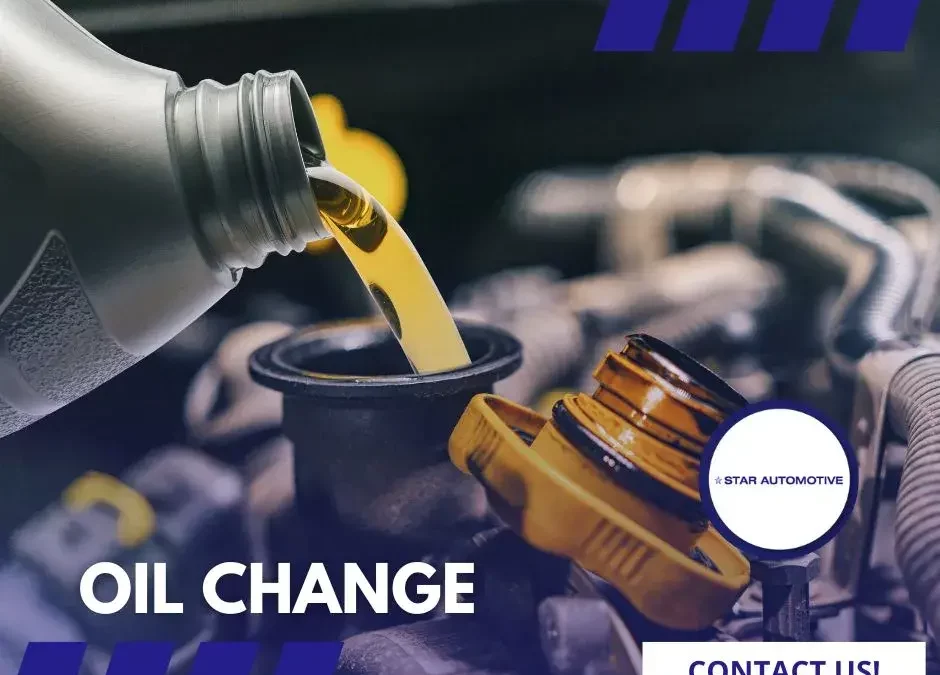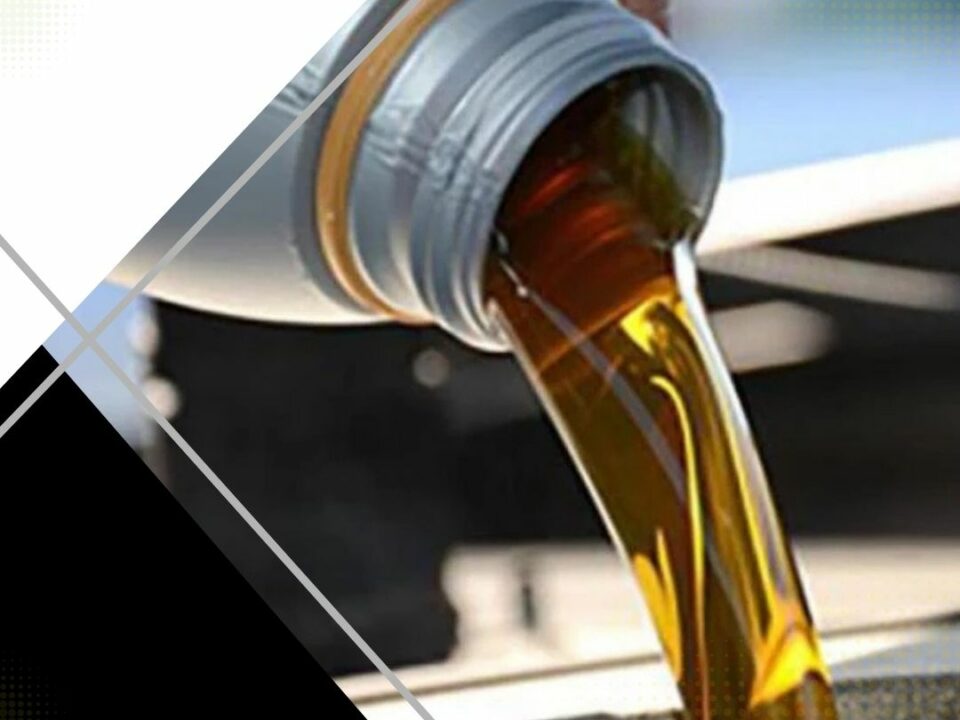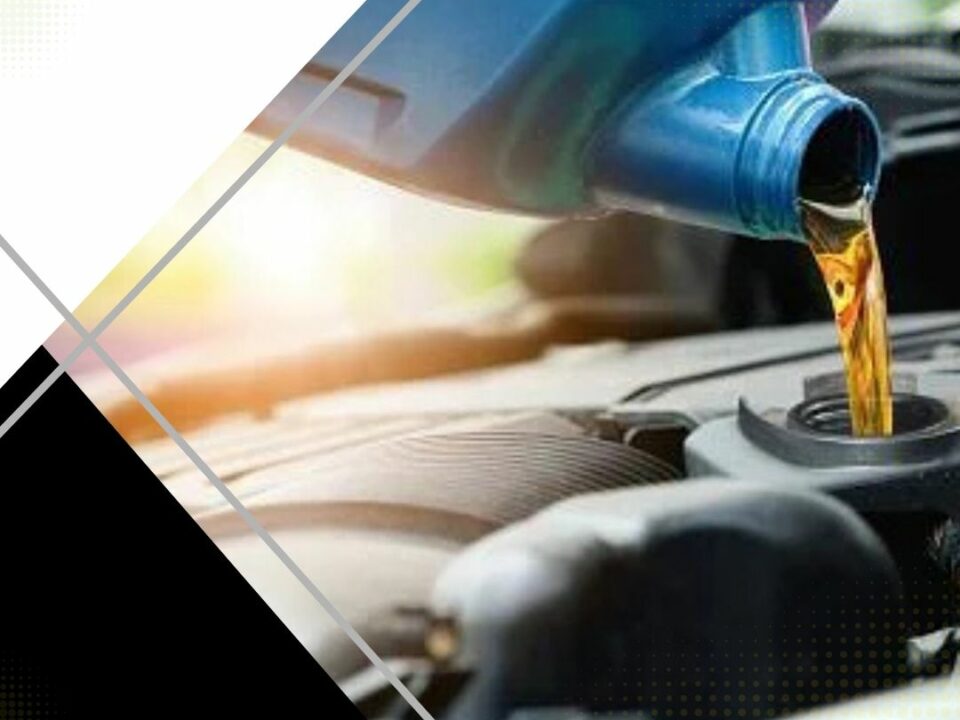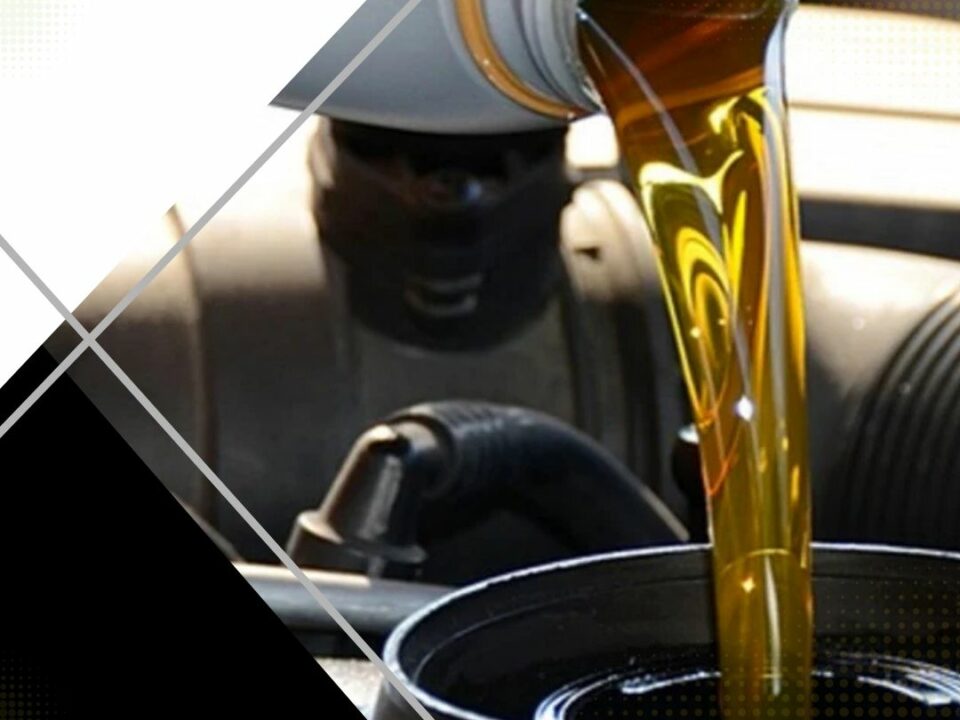
Step-by-Step Guide to the Oil Change Process for Beginners
October 18, 2024
How Often Should You Repeat the Oil Change Process?
October 18, 2024The oil change process serves as a cornerstone for maintaining your vehicle’s performance, ensuring that the engine operates smoothly and efficiently. Fresh, high-quality oil provides essential lubrication, minimizes friction between engine components, aids in thermal regulation, and helps in maintaining engine cleanliness by preventing the buildup of contaminants. Ignoring this vital maintenance task can lead to accelerated wear, overheating, and reduced engine efficiency. Given the critical role that oil changes play in prolonging engine life and enhancing operational efficiency, it becomes imperative to understand why adhering to recommended oil change intervals is not merely a suggestion but a necessity.
Importance of Regular Oil Changes
Regular oil changes are critical to maintaining optimal vehicle performance and longevity. The process involves draining the old, degraded oil from the engine and replacing it with fresh, high-quality oil, ensuring the engine components are well-lubricated and can operate efficiently. Regularly scheduled oil changes prevent the accumulation of harmful contaminants such as dirt, metal particles, and combustion byproducts, which can lead to increased engine wear and potential failure.
In addition to lubrication, engine oil serves as a cooling agent, absorbing and dissipating heat generated by the engine. Over time, oil loses its viscosity and ability to effectively manage this thermal load. This deterioration can result in overheating, reduced fuel efficiency, and ultimately, engine damage. Adhering to the manufacturer-recommended oil change intervals allows the engine to perform under optimal conditions and significantly extends its service life.
Culturally, many automotive communities emphasize the importance of vehicle maintenance rituals, including oil changes. This shared understanding and practice foster a sense of belonging and pride among vehicle enthusiasts. By committing to regular oil changes, individuals not only protect their investment but also align themselves with a community that values meticulous care and performance excellence.
Benefits of Fresh Engine Oil After an Oil Change
Utilizing fresh engine oil provides a multitude of benefits that are integral to maintaining a vehicle’s performance and longevity. Fresh engine oil ensures optimal lubrication of engine components, reducing friction and wear. This preventive measure is crucial in prolonging the engine’s lifespan and maintaining its efficiency. Fresh oil also plays a vital role in thermal regulation; it effectively dissipates heat generated during engine operation, preventing overheating and subsequent damage.
Moreover, clean engine oil aids in maintaining engine cleanliness by transporting contaminants—such as dirt, metal particles, and combustion by-products—to the oil filter. This process prevents the accumulation of sludge and varnish, which can hinder engine performance. Fresh oil, with its unbroken molecular structure, retains its viscosity better, ensuring consistent performance even under extreme operating conditions.
From an environmental perspective, using fresh engine oil contributes to reduced emissions. Efficient lubrication leads to more complete combustion, thereby lowering the output of harmful pollutants. For an audience committed to sustainable practices, this aspect underscores the importance of regular oil changes.
In essence, investing in fresh engine oil is a commitment to vehicle health, environmental responsibility, and the collective goal of achieving peak automotive performance.
In conclusion, adhering to regular oil change intervals is paramount for maintaining vehicle performance. Fresh, high-quality oil ensures optimal lubrication, thermal regulation, and engine cleanliness, thereby preventing wear, overheating, and contaminant accumulation. As the adage goes, “An ounce of prevention is worth a pound of cure.” This preventive maintenance not only extends engine longevity but also enhances operational smoothness and reduces emissions, underscoring its critical role in automotive care.




